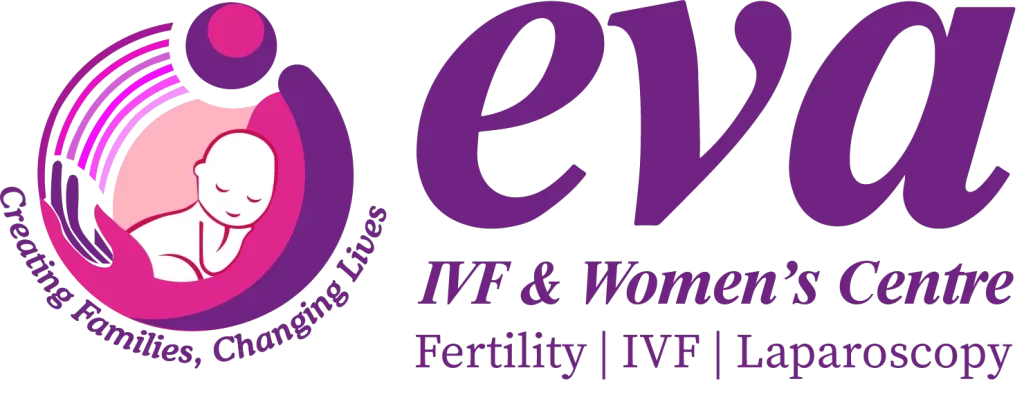Can IVF Fail?
In vitro fertilization (IVF) does fail sometimes. Whether it succeeds depends on a variety of factors like the woman’s age, the cause of infertility, the quality of the eggs and sperm, and the general health of the couple.
- Failure to stimulate ovaries:
In some cases, the ovaries may fail to respond to the fertility medications used to stimulate egg production.
- Failure to retrieve eggs:
Sometimes, when the doctors are retrieving the eggs in the IVF process, they might not find any eggs, or the eggs they do find might be of poor quality.
- Failed fertilization:
Even if they do successfully retrieve the eggs, the sperm may fail to fertilize.
- Embryo development issues:
Even if the eggs and sperm do join up during IVF, sometimes the embryos might not grow properly.
- Failed implantation:
Even if the embryos are in good health, they might not implant onto the lining of the uterus as needed.
- Failed pregnancy
Even if the fertilized egg successfully attaches to the uterus lining, the pregnancy may fail in various ways.
What Causes IVF to Fail?
There can be various reasons for in vitro fertilization (IVF) failure, and these reasons can vary from case to case. Some common factors contributing to IVF failure include:
- Maternal age:
The success rates of IVF are generally lower in older women due to declines in fertility and a reduction in the quality of eggs.
- Embryo health:
Some of the embryos produced during IVF may be unhealthy due to genetic abnormalities or improper development.
- Uterine factors:
Problems with the uterus, such as abnormalities in the uterine lining or the presence of fibroids, can affect implantation and cause IVF failure.
- Lifestyle factors:
Lifestyle factors, such as smoking, excessive alcohol consumption, and obesity, can negatively impact fertility and reduce the chances of successful IVF.
- Ovarian response:
Some women may not respond well to the ovarian stimulation medications, leading to a lower number of eggs retrieved.
- Hormonal imbalances:
Hormonal imbalances, including those related to polycystic ovary syndrome (PCOS) or other endocrine disorders, can affect the success of IVF.
- Technical issues:
Problems during the various stages of the IVF procedure, such as difficulties in egg retrieval or embryo transfer, can contribute to failure.
- Unexplained infertility:
In some cases, despite thorough testing, the cause of infertility remains unexplained, and IVF may not be successful.
Should You Get an IVF Treatment for Infertility?
Deciding whether to pursue in vitro fertilization (IVF) for infertility requires a thoughtful consideration of the benefits and challenges. Couples should be aware that IVF does not guarantee success, and failures can occur.
Couples must have a strong support system in place to navigate the emotional challenges that may accompany IVF failures. The physical demands of the procedures should also be taken into account.
Eva IVF & Women’s Centre has performed many successful IVF treatments for our patients. If you come to us for IVF then you can rest assured that you are likely to have a successful operation.
